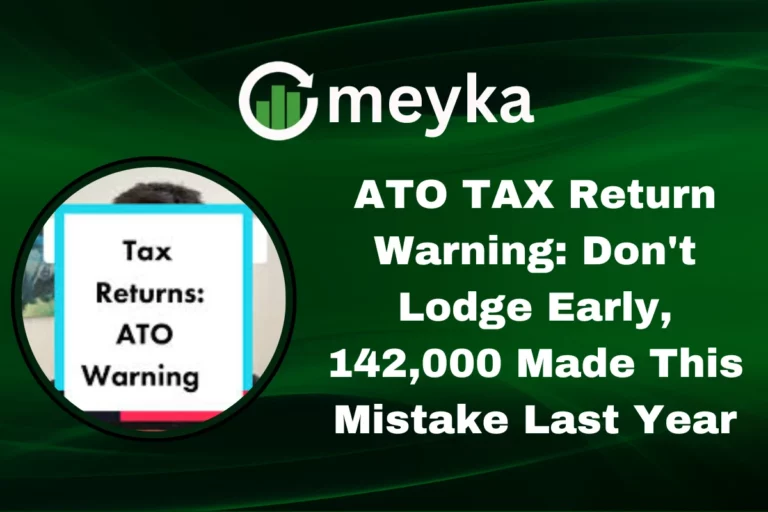UK £200 Household Grant 2025: Cost of Living Help & Who Qualifies
The new Household Grant is a targeted £200 payment rolling out across councils in 2025, aimed at easing rising household costs for the most vulnerable. The Household Grant forms part of the wider Household Support Fund. It is designed to help with essentials such as energy, food, and basic supplies, and it comes via local council schemes.
Household Grant: what the scheme is and why it matters
The Household Support Fund is a government-funded programme that runs through local councils, and the 2025 round continues the approach of giving councils discretion to support households in need. Councils can offer direct cash payments, supermarket vouchers, or energy top-ups depending on local need.
The aim is simple: provide quick, local help to households struggling with bills and essentials.
Household Grant: how local delivery works
Local authorities receive funding from the Department for Work and Pensions and decide how to distribute help in their area. That means the Household Grant rules can vary by council, but the common design is one payment of up to £200 per eligible household within 12 months, or a package of support that has similar value. Councils must follow the national guidance while tailoring delivery to local needs.
Household Grant: Birmingham as an example
Birmingham City Council is running a Hardship Grant Community Fund that distributes grants of up to £200 to households facing financial hardship, with applications opening in June 2025 and continuing until March 2026 or until funds run out. The scheme is run in partnership with the Birmingham Voluntary Service Council.
Applicants must be Birmingham residents and able to demonstrate need, and the council provides clear guidance on eligibility and the application form.
Who can claim the Household Grant? Local eligibility rules vary, but priority is usually for low-income households, people receiving means-tested benefits, pensioners who miss other support, and households facing emergency hardship. Check your council page for the exact criteria and supporting documents needed.
Household Grant: how to apply and payment timelines
Most councils publish an online application form or an enquiry process, and some use local voluntary organisations to manage applications and waiting lists. For example, Birmingham asks residents to complete an online enquiry form and then wait-lists eligible households before contacting them about a full application.
Payments are usually sent directly into a claimant’s bank account, or provided as supermarket vouchers, and timelines depend on local processing capacity.
When will I get the money? Councils aim to process claims quickly, but payments may take several weeks if demand is high; keep an eye on local council updates and email contact from the administering organisation.
Household Grant: how it fits with other cost-of-living support
The Household Grant sits alongside national DWP cost-of-living payments and schemes like Warm Home Discount, school holiday vouchers, and targeted local hardship funds. Importantly, receiving a Household Support Fund payment will not usually affect your other benefits, but councils advise applicants to check guidance and ask if they are unsure. This coordinated approach helps households facing multiple pressures.
Household Grant: who benefits and real-world examples
Councils across England have tailored packages. Leeds council and Leicester council, for example, have published clear timetables and regular open dates for applications so residents know when to apply; some areas offer multiple application windows through the winter months.
These local examples show how councils balance fairness, demand management, and urgency in payments.
Household Grant: risks, limits and what to watch
The Household Grant is one-off or limited help; it is not a long-term solution. Funding is finite and allocated per council, so some areas may run out of money before the scheme closes.
Applicants should keep evidence of need, follow the council guidance carefully, and beware of scams that ask for bank details by text or phone; council pages warn that such messages are not genuine.
Household Grant: social signals and community help
Local voluntary groups are often involved in outreach and application support. Birmingham Voluntary Service Council and community hubs are helping residents find the right forms, and local news outlets have covered application windows to help people apply on time.
Social posts and short explainer videos, including recent Birmingham focused guides on YouTube, make the process easier to follow for many households.
Household Grant: quick practical checklist
- Check your local council Household Support Fund page, which is where applications and eligibility are explained.
- Prepare proof of address and evidence of hardship or benefits if requested.
- Apply early when windows open, funds are limited, and distributed on a first-come, first-served or needs basis.
Household Grant: final thoughts
The £200 Household Grant in 2025 is a practical, short-term lifeline for households struggling with energy bills, food costs, and essential items. It will not solve structural affordability issues, but it can provide immediate breathing room for families, pensioners, and vulnerable people.
For the best chance of support, check your council’s Household Support Fund page, follow application guidance, and use local voluntary groups for help if needed.
FAQ’S
People on means-tested benefits like Universal Credit, Pension Credit, or certain tax credits are eligible. Some local councils also link it with the Household Grant.
The allowance is mainly for low-income families, pensioners, and disabled people receiving qualifying benefits. Many households also receive extra support through the Household Grant.
It is a targeted scheme, often called the Household Grant, providing cash, vouchers, or energy bill help to vulnerable households via local councils.
Low income usually means earning below 60% of the national median, or qualifying for means-tested benefits. This status often makes households eligible for the Household Grant.
Eligibility for the cost of living (COL) support depends on receiving benefits like Universal Credit, Pension Credit, or Jobseeker’s Allowance, plus additional schemes like the Household Grant.
There isn’t a fixed allowance, but benefits and grants, including the Household Grant, aim to ensure households can cover essentials like food, energy, and rent.
Disclaimer
This content is for informational purposes only and not financial advice. Always conduct your research.






